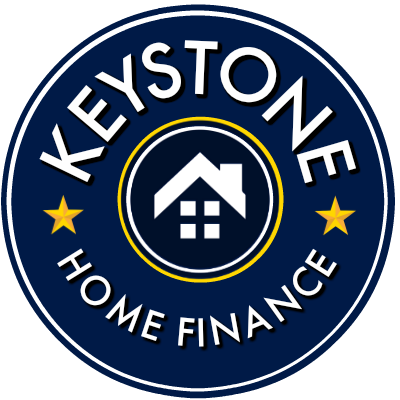Pennsylvania HARP Refinance : Unlimited Loan to Value is Available
Since the HARP 2.0 program rolled out in October of 2011, a lot of lenders have either reduced their Maximum Loan to Value (LTV) or done away with the program altogether after taking on an initial wave of applications. For many lenders, their participation in the program was voluntary and they were only going to allocate a certain percentage of their portfolio to loans they considered to be higher risk due to equity.
The good news for Pennsylvania HARP is that Unlimited Loan to Value is still available for the Fannie Mae portion of this program.
So there are no restrictions on equity?
No. Even if you owe $200,000 on a home that is worth a penny, you can still qualify for a Pennsylvania HARP refinance. (Not a likely scenario, I know, but you get the point).
Are there credit score requirements?
We are currently seeing a 680 credit score required for Unlimited LTV.
I have Mortgage Insurance on my current mortgage, can I still qualify?
Yes. Your mortgage insurance policy would be transferred to the new account.
I no longer live in the home I wish to refinance under the Pennsylvania HARP program, is this okay?
Yes. The Pennsylvania HARP refinance program is available for primary residences, second homes and investment properties.
Anything else I should know about qualifying?
Qualifying for Pennsylvania HARP – Fannie Mae – DU RefiPlus
only for mortgages currently owned or backed by Fannie Mae
no deliquent mortgage payments in the last 6 months and only a total of one 30 day late payment is allowed in the last 12 months
no cash out or paying off other debts allowed with this program
no maximum LTV for new Fixed Rate Mortgages
105% maximum LTV for those seeking a new Adjustable Rate Mortgage through the HARP program
first time HARP users only, if you closed a mortgage under previous HARP editions, you can not apply for this new edition
current home does not need to be a primary residence as long as the home was first purchased as a primary residence
any 2nd mortgages on property will have to be subordinated by the current 2nd mortgage holder, this depends on the 2nd mortgage holder agreeing to this
if the current mortgage has monthly Mortgage Insurance, the new mortgage must also have the same level of Mortgage Insurance
